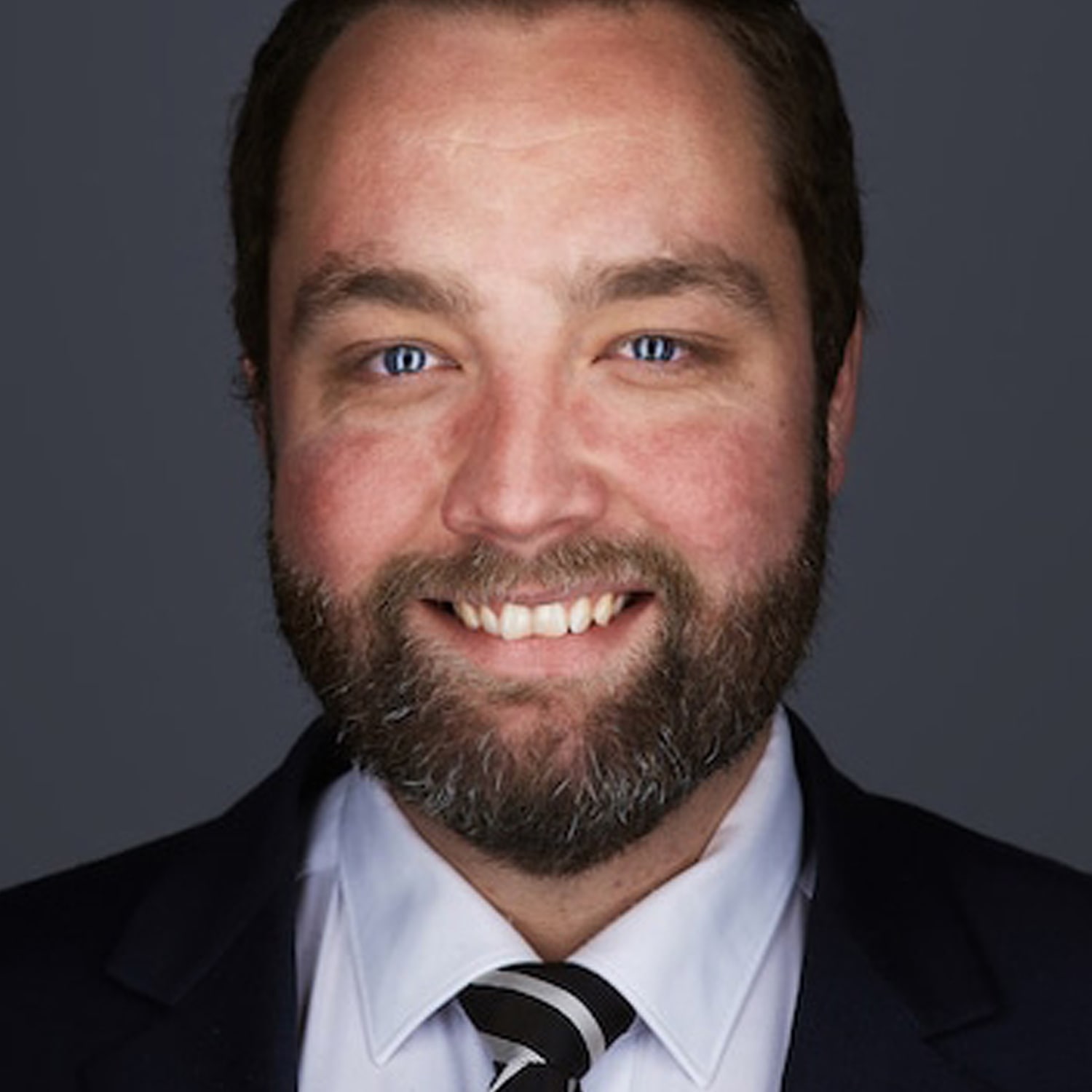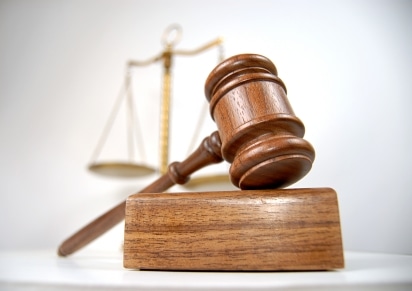Defamation
How Do You Protect Your Reputation?
Defamation In South Australia
In the age of social media, where facts and opinions often become blurred, a person’s reputation can be destroyed by a single post or tweet. We rely on our reputations more than we might consider and damage to a reputation can have cause serious problems. For example, our reputation in our workplace can drastically effect the kind of opportunities we might be offered, or a business might rely on its reputation to gain work. So what do you do when your reputation has suffered as a result of material, whether that be in a newspaper, online or even word of mouth, that has been published?
Injury to a person’s reputation is called the Tort of Defamation (or defamation for short). In South Australia, defamation refers to both slander (which is verbal material) and libel (which is written material). There is no distinction- they are treated exactly the same. It is important to note that a person must bring a claim for defamation within one year of the defamatory material being published- so seeking proper legal advice early on is critical.
For material to be defamatory, it needs to have been published. This doesn’t mean it needs to appear in a national media outlet or on a global webpage. It can include telling a group of people, broadcasting material on radio or television or even posting it on the internet. Next, the material needs to identify the person being defamed. It doesn’t have to name names; it is simply enough that a person reading or hearing the material could infer who is being referred to. Finally, the material needs to be seen as defamatory. This is a test of current community standards. Would an ordinary reasonable person think less of someone having read or heard the defamatory material? So the three key questions are:-
- Has the material been published?
- Am I able to be identified from the material?
- Would an ordinary person think less of me because of that material?
If the answer to all 3 questions is yes, you may have a claim for defamation.
It is worth noting that the laws of defamation have been slow to catch up with the fast pace development of social media. Take the recent case of actor Geoffrey Rush successfully suing Sydney based paper ‘The Daily Telegraph’ for publishing defamatory material. While publishers will be considered liable for material they publish but don’t write, the same idea hasn’t extended to social media companies like Facebook and Twitter. So while you may have an action against a person publishing defamatory material online, you might not be able to sue the publisher or social media provider. That being said, you might be able to have Facebook remove certain posts or Google remove search results.
The first step to take in restoring your reputation starts at the source of the material. Contact the person who wrote or published the defamatory material and ask them to remove it. You can request a formal public apology and ask for damages, meaning payment for the loss you have suffered. An apology isn’t a defence, however it might reduce the payment for your loss.
If you’re unable to reach an agreement, you may need to bring proceedings before a court. It is strongly advised that you speak to an experienced defamation lawyer before bringing a claim.
There are several defences to a claim of defamation available to publishers. The most widely used defences include:-
- Innocent dissemination- where a third party such as a newsagent or internet service provider unknowingly publish defamatory material;
- Truth- the publisher can prove that all of the material is substantially correct;
- Opinion- the publisher gives an opinion based on facts, be fair and honest and not motivated by malice; and
- Honest Opinion- where the material published concerns an honest opinion of the publisher based on proper material regarding a matter of public interest, such as on the conduct of a member of parliament.
Defamation is a highly complex area that requires expert knowledge of the law as it stands today, as well as detailed calculation of what loss you may have suffered. Websters Lawyers employs a seasoned team of solicitors practiced in advising both Plaintiffs and Defendants in defamation proceedings. Contact us for your free initial consultation today.









